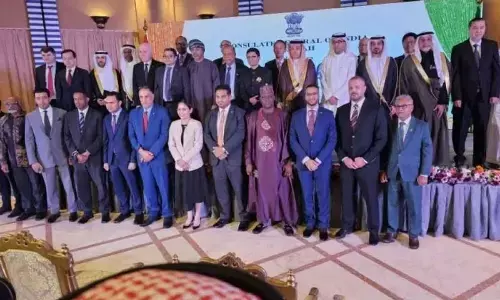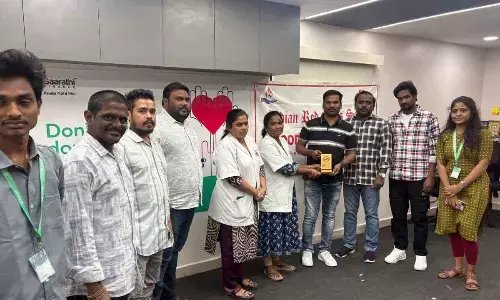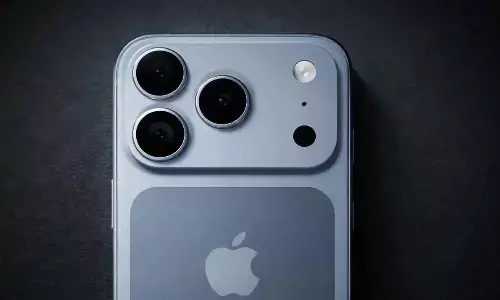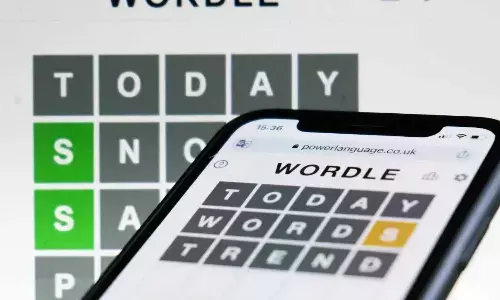The sitar chose me: Anupama Bhagwat
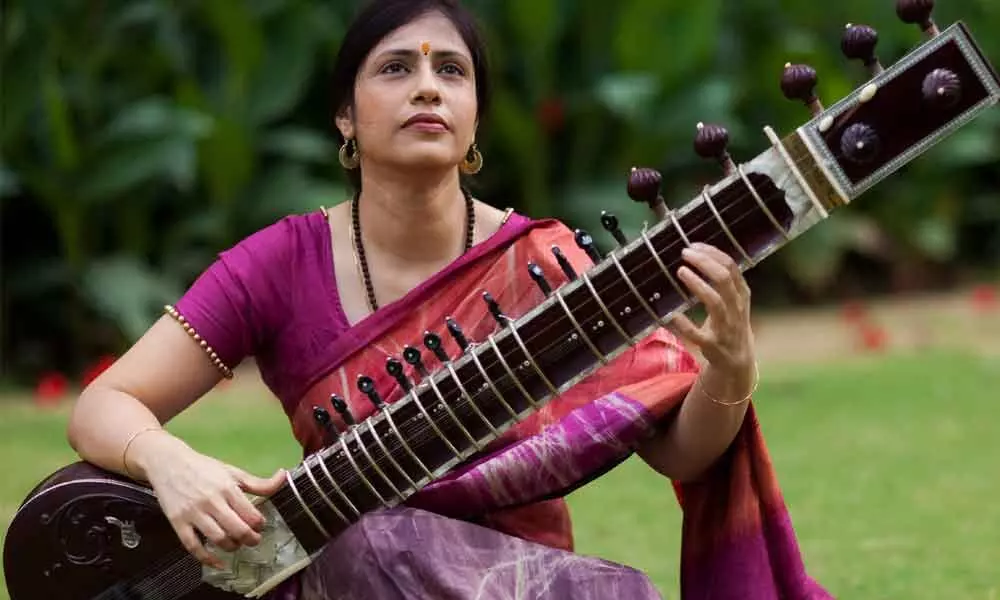
Anupama Bhagwat
She has always believed that nobody chooses music or a particular instrument - rather, but it chooses us. In this sense, the instrument is an extension - a deep spiritual companion of a musician’s being.
She has always believed that nobody chooses music or a particular instrument - rather, but it chooses us. In this sense, the instrument is an extension - a deep spiritual companion of a musician's being. "They tend to develop a deep bond with their instruments, and I also try to have a conversation with my sitar," says one of India's few woman sitar players, Anupama Bhagwat.
With music being part of Bhagwat's upbringing considering her father plays the violin and uncle the sitar, who gifted her his instrument when she was nine years old, the musician recalls, "And in that spontaneous gesture, I feel the sitar chose me. To be able to traverse ragas while connecting with the audience is a beautiful journey in itself. For me, the sitar is the perfect instrument to actualize this experience. The refined subconscious bond with it takes me through the journey of unfolding each raga - expressed purely at the moment, as a dialogue with the sitar," she says, adding that her performances riyaz are a constant contemplation.
Interestingly, her teacher, Pandit Bimalendu Mukherjee, was also a well-known Geologist who contributed immensely towards the growth and development of Bhilai Steel Plant and the surrounding region both industrially and culturally. Remembering him as a multifaceted personality, she says, "He was a legend who balanced his work, family, and sublime zeal and devotion to music - striving tirelessly to promote a nuanced approach to music. His teaching style was very unique and reflected his uncompromising quest for excellence while being patient and deeply empathetic with each student. He would harness a student's own creativity and work towards extracting their own individual style, thus making sure that each of the students developed their own sound and individuality in their music."
Even as the lockdowns owing to the pandemic killed all live performances, Bhagwat says that it is complete serenity and communion with music that ensured she passed that phase without frustration. "Thankfully, I could adapt to that period with a different approach - of practising and working on different aspects of my music. I tried to think of other dimensions of music like composing and collaborating. Yes, there was a feeling of being tied down initially, but I took it as an opportunity to focus on giving back through online workshops etc. In this sense, the lockdown was not bad, I could harness my creative side in a different way. "
She also feels that digital concerts are here to stay even when things open completely. "The medium is here to stay - in music as in most other human endeavours. I also see that the live concerts are starting back slowly, so I feel the hybrid of physical and online medium is probably a viable option in the given times."
Missing live performances, especially the chance to interact with the audience which resonates with her music, she smiles, "After all, it is called performing art for a reason."
Bhagwat, who will be part of HCL's 'Baithak' on October 29 feels that like HCL, more corporates need to understand their responsibility towards the preservation of art and culture. "An artist can be expected to deliver his/her best, only when he is not worried about meeting basic needs. Hence, I feel it is very important to have more and more funding to support the musicians and in creating platforms to spread the reach of this music and take it to more people."
Though she has not been part of many fusion projects, the sitar player feels that if it creates good synergy and elevates the music, it can be great. "I do enjoy collaborating on interesting projects across genres, provided the musical content can be enriched in the process. Of course, the audience is larger and more receptive to fusion, no doubt. "
With live concerts picking up slowly, Bhagwat is looking forward to meeting her audience in different cities. "I have a couple of performances coming up. The workshops that I have been conducting every month has really helped in connecting with a large group of students who have now become a part of the larger musical family," she says, adding that to bring out and explain her experiences in new innovative methods is something she strives for.








